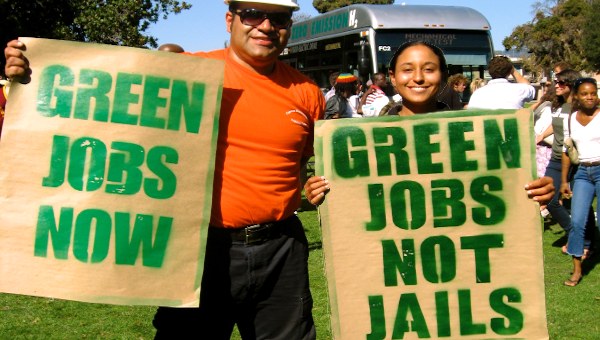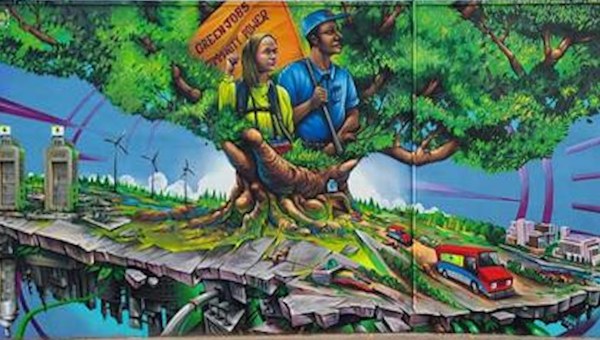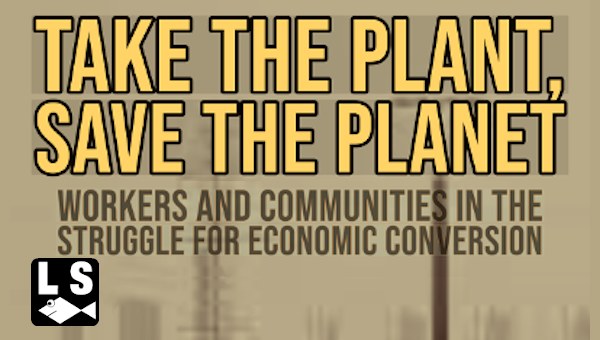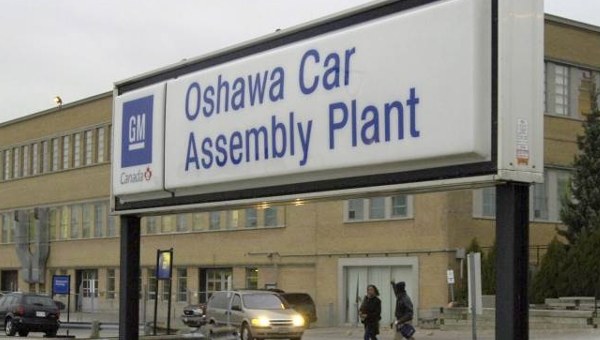Green Jobs
Toronto — 22 February 2015. The Newest Challenge for Workers and Unions We cannot develop an ecologically-responsible and just economy without considering the consequences for work and employment. But what … Watch video »
Toronto — 22 February 2015.
The Newest Challenge for Workers and Unions
We cannot develop an ecologically-responsible and just economy without considering the consequences for work and employment. But what is the meaning of ‘green work’ in capitalist societies of endless production and consumption for the purposes of profits? If we scale back on tar sands, fracking, and other dirty energy projects,
as we must, workers who lose their jobs will need retraining, temporary income support, and a green energy infrastructure to work in. This will require a whole range of collective investments and decisions.
What issues do we need to raise as workers in our workplaces and unions? How do we link the struggle for green jobs to precarious work, which is often not only unstable but also ecologically damaging? What should we push for and build in society generally? We could demand of a just transition that it extend beyond retraining and replacement wages for workers in polluting industries that get shut down. Rather than shutting down polluting industries according to market logic,
we could insist that workers’ rights be extended to include being actively and democratically involved in decisions around industrial and plant conversion to low-carbon, low-waste production, and in decision-making in society as a whole.
Moderated by Greg Albo. Presentations by:
- Steven Tufts Associate Professor and Chair, Department of Geography, York University (Capital-Labour-Nature Matrix)
- Angela Bischoff Outreach Director, Ontario Clean Air Alliance
- Nigel Barriffe Community Organizer, Elementary Teacher, and member of the Good Jobs For All Coalition
The forum was sponsored by: Centre for Social Justice, Greater Toronto Workers’ Assembly and Socialist Project.





